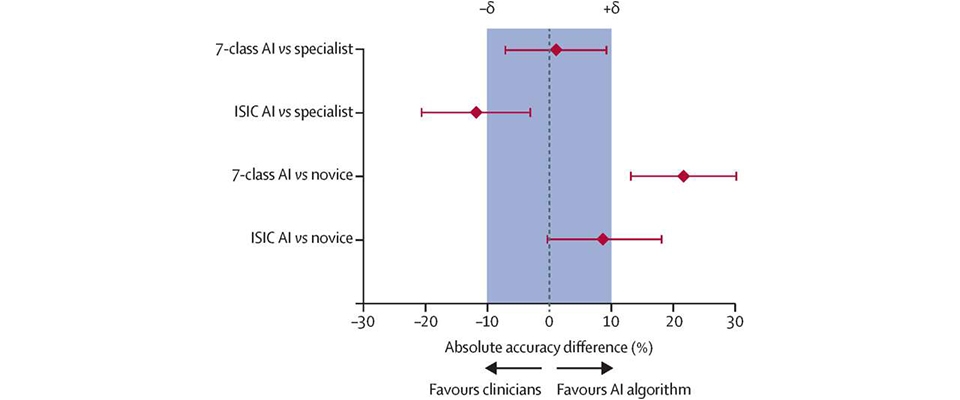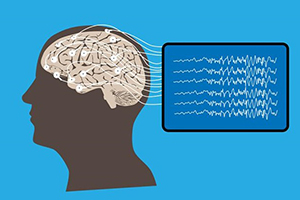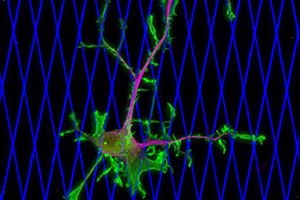
Authors: Medical University of Vienna
Source: Medical Xpress
Artificial intelligence (AI) is already widely used in medical diagnostics. An Austrian-Australian research team led by dermatologist Harald Kittler from MedUni Vienna has investigated the extent to which diagnosis and therapy of pigmented skin lesions benefit from it in a realistic clinical scenario.
In a study published by The Lancet Digital Health, the team compared the accuracy in diagnosis and therapy recommendation of two different algorithms in smartphone applications with that of doctors. The results show that the AI application generally performs well in diagnosis. However, doctors were clearly superior when it came to treatment decisions.
The research team tested the AI application under realistic clinical conditions in two skin cancer centres, the University Department of Dermatology at MedUni Vienna and the Sydney Melanoma Diagnostic Center in Australia. The prospective study consisted of two scenarios, with AI being used in scenario A for changes suspicious of skin cancer and in scenario B for patients with many moles. The AI-assisted application was compared in both cases with both medical experts and less experienced physicians.
In scenario A, 172 suspicious pigmented lesions (of which 84 were malignant) were examined in 124 patients; in scenario B, the research team analysed 5,696 pigmented lesions (of which 18 were malignant) in 66 patients. Two different AI-based smartphone applications were used: a novel 7-class AI algorithm and an ISIC algorithm already used in retrospective preliminary studies.
In scenario A, the 7-class AI algorithm showed equivalent diagnostic accuracy compared to the experts while it was significantly superior to the less experienced physicians. The ISIC algorithm, on the other hand, performed significantly worse compared to experts, but better than the inexperienced users.
A critical view of AI decisions
In terms of treatment decisions, the 7-class algorithm was significantly inferior to the experts but superior to the inexperienced users. The results suggest that an AI-assisted smartphone application for skin cancer diagnosis makes similarly good diagnostic decisions as experts in a real clinical scenario. When it came to treatment decisions, however, the experts were superior to the AI.
Kittler said, "The AI application tends to remove more benign lesions in the treatment recommendation than experts would. If you take this into account, the AI application can certainly be used. It should also be borne in mind that if it is used uncritically, too many false-positive findings would have to be clarified."
This document is subject to copyright. Apart from any fair dealing for the purpose of private study or research, no part may be reproduced without the written permission. The content is provided for information purposes only.
More information
This article was written by Medical Xpress from Medical Xpress and was legally licensed through the DiveMarketplace by Industry Dive. Please direct all licensing questions to [email protected].

Disclaimer: Novartis Ireland Limited accepts no responsibility for the content, accuracy, interpretation or out of use of the information contained within this article or its use of linked websites.


